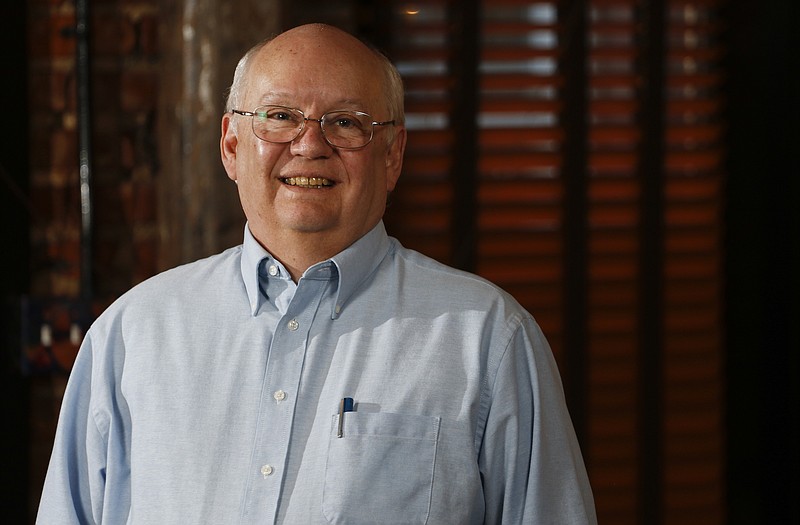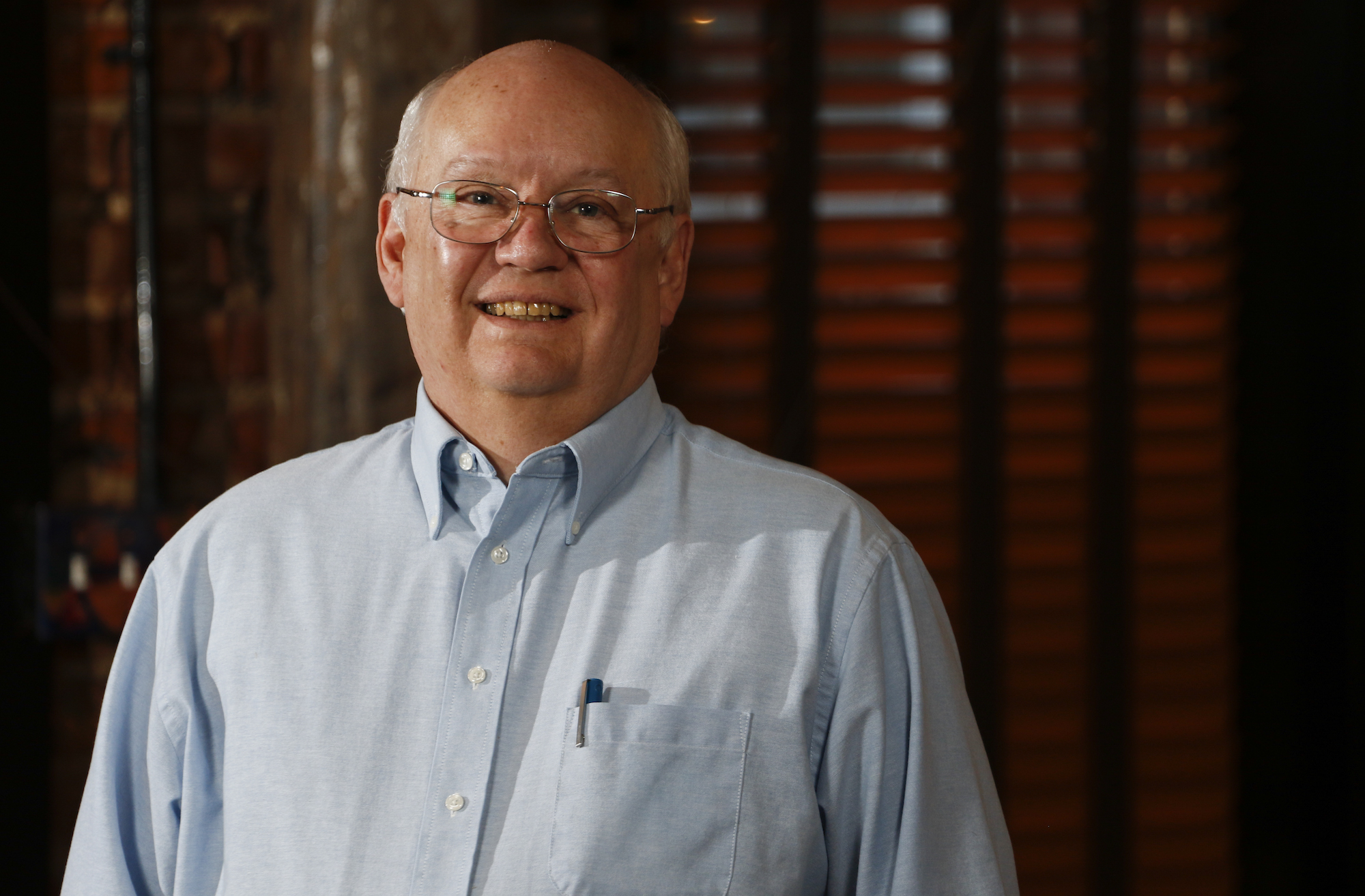The late Rushworth Kidder wrote a book titled "How Good People Make Tough Choices." In that book about ethical decision-making, he discusses the concept of "right versus right." He stated that most people have a clear understanding of what to do when there is a clear choice between right and wrong. The problem in ethical decision-making is when there are positive benefits for both of the opposing concepts.
This city, state and country have seen their share of "right versus right" decisions. Do we close down a public nuisance such as Economy Inn with little notice to stop the illegal activities or do we develop an eviction plan that may take longer but has more compassion and flexibility? Do we arm teachers to keep our students safe or do we take the opposite and perhaps a multi-faceted approach to keeping our students safe? Do we have a hard-nosed approach to immigration to keep our country safe or do we welcome immigrants with some conditions and consider them assets and contributors to society? Do we stoke the fear of certain races or groups or do we seek to understand the values of these groups? How do we balance the rights of individuals with the needs of society?
Those questions and many similar questions are at the core of our current and not very civil discourse. Think health care, gun control, abortion, LGBT rights, immigration, welfare, the federal deficit, the border wall, tax cuts, to name a few. Unfortunately, fewer and fewer people admit that the "other" side has a defensible position or value in their stand. We tend to listen only to those news sources, radio program or people who agree with our position. We label the "other" side and demonize their intelligence, agendas and motives. Compromise has become an unacceptable alternative. Total defeat of the "other" side seems to be the only acceptable outcome. A moderate is considered by some to be weak and without real values.
The problem with this approach is that there are good, intelligent, well-meaning, patriotic, religious people on both sides of every one of those "right versus right" arguments. Destroying the "other" side will only divide our country further and weaken our social fabric. It lessens our reputation in the world.
This nation is more than 200 years old but still has a lot of growing to do. We need to have a significant public discussion on the values which we hold dear. How do we treat our citizens? How do we treat the poor? How do we treat criminals? How do we treat immigrants? How do we treat our children? How do we treat non-Christians? How do we treat women? What is our military role in the world? What is our humanitarian role in the world? Do we value early childhood education? How do we best move people out of poverty? What do we want from public education and what are we willing to do to get there? How do we treat our children and adults with disabilities? Those and hundreds of similar questions need to be answered as a country, preferably not as an argument over a state or federal budget. All sides need to be heard. And when we come to some conclusions, everyone needs to get behind those values and move forward together. That will take bold leadership at all levels of government as well as corporations, educational institutions, social service organizations, religious institutions and social organizations. It will take public champions.
The results of this debate will show ourselves and the rest of the world what we believe and what we are willing to do to act on those values. It will take more listening and less grandstanding, more understanding and less labeling. It will take honesty in discussion and less misinformation. It will take listening to voices of groups that are not mainstream, politically acceptable or "correct." It might resemble the reconciliation process used by South Africa at the end of apartheid. The process will not be a straight line nor will it be simple.
For us to continue the brilliance of the American experiment, the tilt in our country must be toward compassion, trust, inclusion, truth, civility, open communication, helping the disadvantaged, education, racial harmony, forgiveness, faith and living by the values which we profess.
We must reconcile ourselves to others with whom we have differences without losing the values that have made this country great. But our advantages cannot be maintained in the long run if such advantages are based on keeping others disadvantaged. We must work toward win-win solutions to our national challenges rather than insisting on a win-lose solutions. This is possible with proper leadership, honest conversations, getting out of our comfort zones and truly listening to the "other" side. It is certainly possible and absolutely necessary if we as a nation are going to meet our highest potential as a nation and as individual citizens.
Pete Cooper, the former president of the Community Foundation of Greater Chattanooga, is a community volunteer. Contact him at petertcoop@gmail.com.

